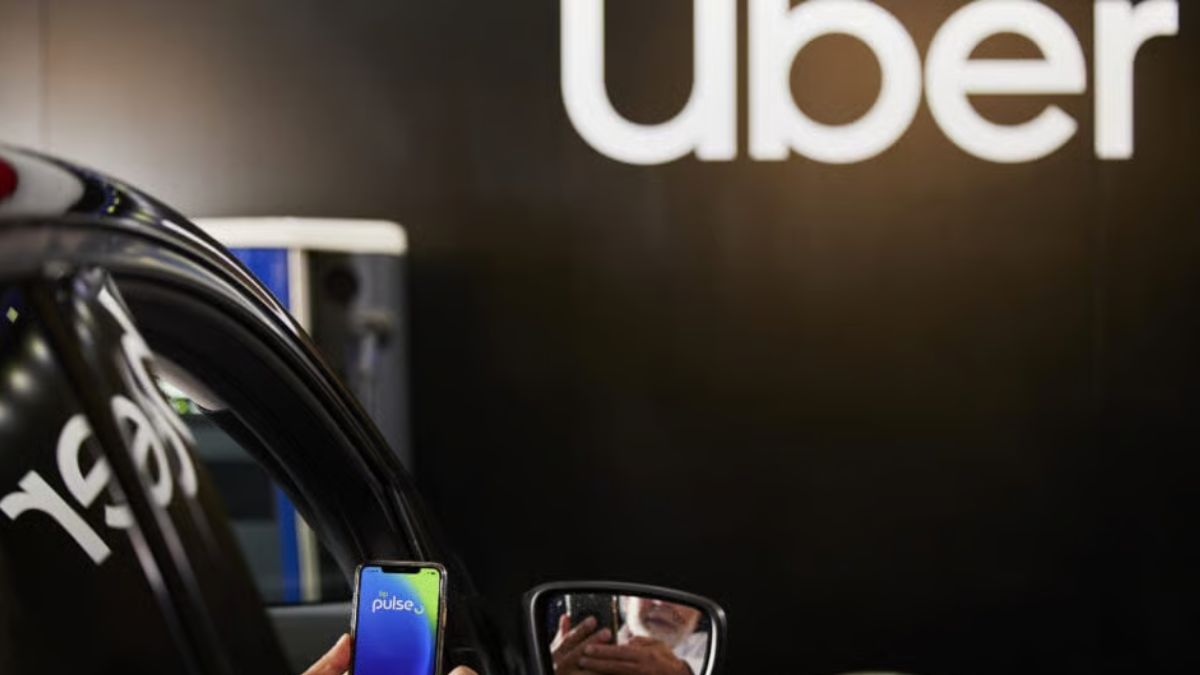Tip before ride? CCPA issues notice to Uber over controversial advance tip practice
 CCPA issues notice to Uber in India | Uber
CCPA issues notice to Uber in India | Uber
The Central Consumer Protection Authority (CCPA) in India recently issued a notice to Uber, questioning the urban taxi transport leader’s disputed ‘Advance Tip’ feature.
The move follows mounting criticism that the option, allowing users to tip drivers before the ride, equals an unfair trade practice and is a form of “nudging” customers into financial decisions just for a faster ride.
Consumer Affairs Minister Pralhad Joshi, in an X (formerly Twitter) post, described the process as “exploitative” and “unethical”.
“The practice of 'Advance Tip' is deeply concerning. Forcing or nudging users to pay a tip in advance, for faster service, is unethical and exploitative. Such actions fall under unfair trade practices. Tip is given as a token of appreciation, not as a matter of right, after the service,” the Minister posted.
In addition, he commented that tipping is meant to be a voluntary post-service gesture and not a requirement for better and quicker service. The CCPA has sought a formal explanation from Uber.
Interestingly, the US Federal Trade Commission recently filed a lawsuit against Uber for deceptive billing, cancellation tricks, and other ‘dark patterns’. This could have also added oil to India’s ongoing investigations of tech-enabled consumer manipulation.
Dark Patterns—deceptive interface designs used to mislead or pressure consumers—have been reported across India by users.
A survey conducted by LocalCircles found that 80 per cent of app-based taxi users have experienced dark patterns more than once. This includes bait and switch, forced action, and drip pricing. “Consumers often see a cab arriving in 2 minutes, but once they click ‘book’, the wait time jumps to 10 minutes,” said LocalCircles founder Sachin Taparia.
Dark Patterns aren’t limited to just ride-hailing apps but spread across e-commerce and online ticketing platforms, from countdown timers to complex subscription cancellations.
The Indian government had earlier banned 13 marketing practices as dark patterns, and the Advertising Standards Council of India flagged them as violations of the Consumer Protection Act.
In a recent move, Uber has begun offering Delhi Metro ticket bookings through its app via ONDC, aiming to expand the service to more cities and include full last-mile travel, amid ongoing regulatory challenges.
While Uber’s expansion may offer convenience, the CCPA’s action serves as a timely reminder: innovation must not come at the cost of consumer rights.
Business